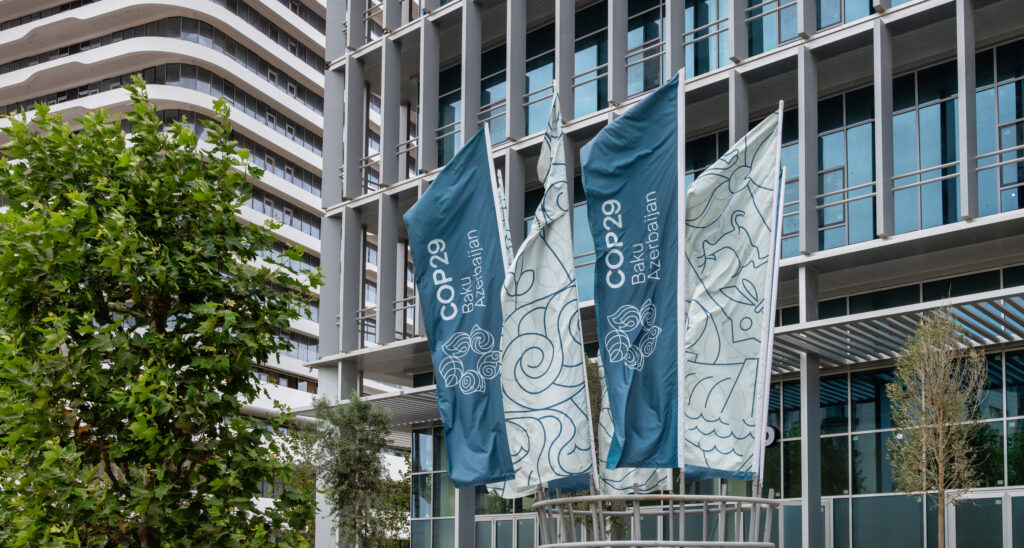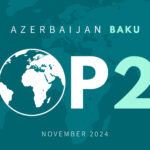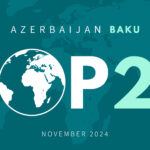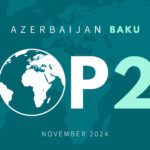(Oil Price) – Hopes at COP29 in Baku for a breakthrough on climate financing are fading fast, fueling frustration that the United Nations’ framework for addressing global warming is dysfunctional.
Non-governmental organization participants are complaining about being sidelined, while governmental representatives are perceived to be dithering. Some insiders report that haggling over funding is preoccupying governmental participants, preventing them from addressing other key issues. Meanwhile, COP29’s one seeming achievement, a breakthrough on the establishment of a carbon credit system, is coming under criticism from some attendees as little more than “smoke and mirrors.”
“Financial discussions have stalled progress on almost every other topic, so not much is actually happening,” one participant at COP29 said.
The fact that many global leaders, including top US officials, EU Commission head Ursula von der Leyen and Chinese leader Xi Jinping, opted to skip the Baku gathering, means that discussions on financing lack a galvanizing force, participants report. The realization that global-warming denier Donald Trump will soon regain the reins of government in the United States also has had a chilling effect on the conference.
Elsewhere, climate activists are complaining about the lack of space to stage activities highlighting specific climate challenges. Azerbaijani authorities have imposed comprehensive restrictions on outdoor gatherings. “There’s barely any space for meaningful actions at this COP,” one regular attendee of the annual gathering said.
Climate activists attending the Baku gathering get the impression that nations are scaling back their commitments to tackling warming-related issues. For example, Brazil, which will host next year’s COP gathering, received a mixed response to its updated Nationally Determined Contribution climate plan, which aims to cut greenhouse gas emissions by 59 percent to 67 percent by 2035 compared to 2005 levels, even though the new proposed target represents an improvement over its previously stated goal of a 53.1 percent reduction by 2030.
In the run-up to COP29, the event’s host, Azerbaijani leader Ilham Aliyev, hoped it would burnish his country’s (and by extension, his administration’s) image. Instead, observers have characterized COP29 as a circus, condemning Aliyev’s stewardship of the proceedings.
“In what should be one of the most urgent meetings of the year — aimed at slowing a global crisis fast spiraling out of control — the talks have descended into a circus of boycotts, political tirades and fossil fuels celebrations,” a commentary posted by the American news outlet CNN stated. “Its host, Azerbaijani President Ilham Aliyev, has been its spectacular ringmaster.”
Aliyev at COP29 has picked fights with non-governmental activists and international journalists, calling them out for alleged “hypocrisy.” He also has used the meeting to pursue a political vendetta, as well as tout the blessings of fossil fuels, the reliance on which many view as the main cause of global warming. He has paid particular attention to the environmental plight of small island states, using one November 13 speech to attack France, which Baku perceives as a biased supporter of Armenia in the Armenian-Azerbaijani peace process.
Josep Borrell, the EU’s foreign affairs chief, said Aliyev’s speech harmed COP29’s ability to function. “These unacceptable statements risk to undermine the conference’s vital climate objectives and the credibility of Azerbaijan’s COP29 presidency,” he wrote on X.
Beyond the self-inflicted PR damage done by Aliyev, environmental experts and activists wish the Azerbaijani leader would pay more attention to the challenges faced by mountainous states and regions, such as Azerbaijan and the Caucasus in general. The region is confronting a looming water shortage due to glacial melting.
“If donors were encouraged to pay special attention to mountainous regions, it could make a big difference,” a regional environmental expert said.
With COP29 seemingly rudderless, momentum for significant reform of the COP operating structure is brewing. An open letter signed by former UN chief Ban Ki-Moon, along with prominent climate scientists and other public figures, has called for major structural reform of the COP system.
“We need a shift from negotiation to implementation,” the letter stated.
Some participants say the most significant progress made so far at COP29 involved transportation to and from the venue. To the delight of participants who had complained about having to walk long distances to reach transport options, the conference secretariat announced today that shuttles from the venue to the metro will run until 1 am.








